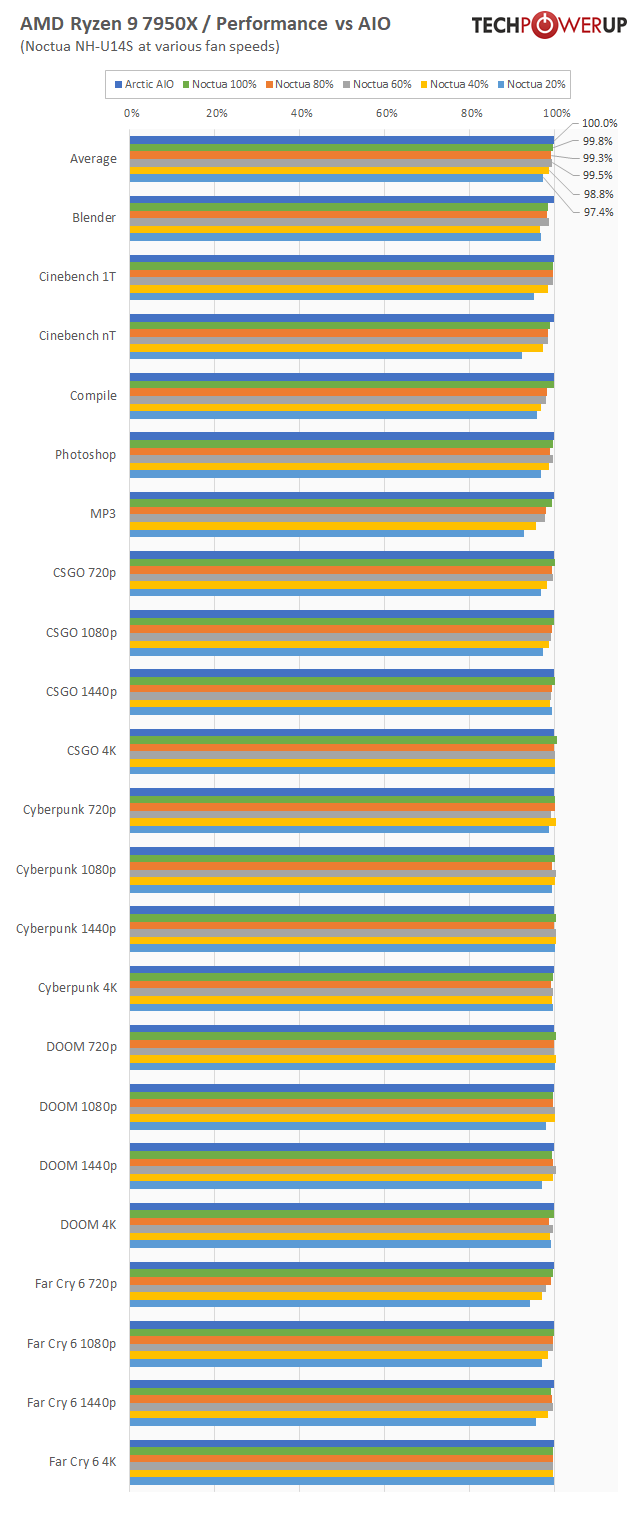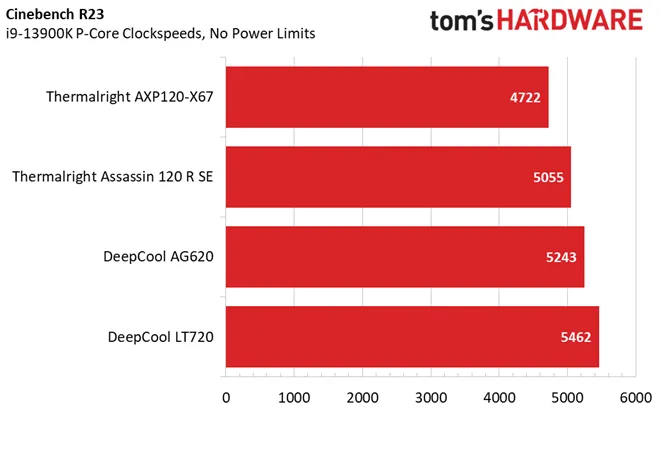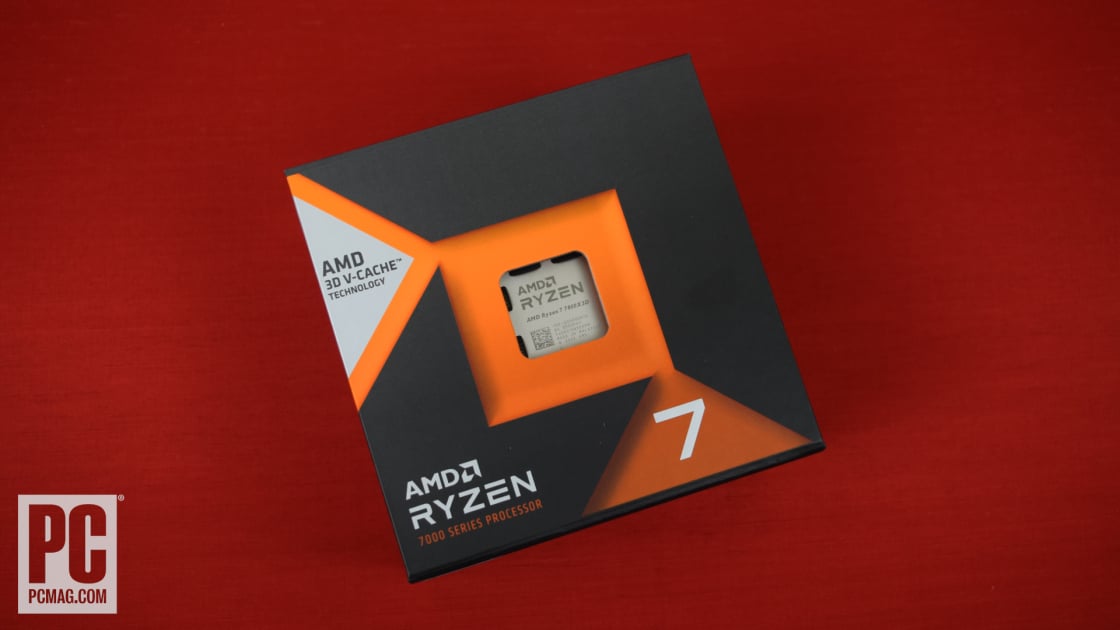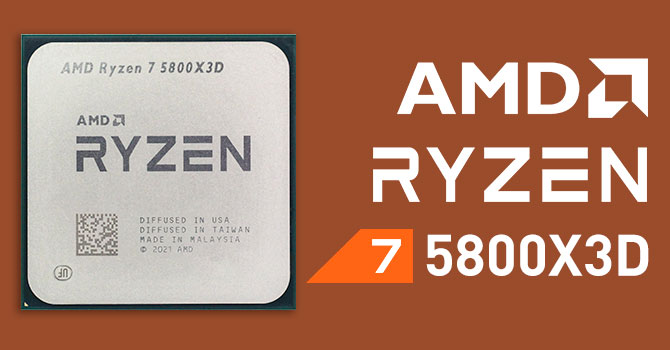thats what you said, so i replied with :Might get fried the second you boot it up the first time...
(if you upgrade from a different CPU and the bios settings are not extremely strickt set for the x3d chip)
and then you replied :sorry terry, but the times i have done cpu swaps, on intel OR amd, the bios is usually reset when i 1st turn the comp on after switching cpus. i cant remember the wording on the screen, but it then says to enter the bios and load defaults, or adjust things, something to that effect.
this is what YOU said, and i replied accordingly. YOU implied i booted up the comp with out the new cpu in it, and then further implied i didnt have a cpu in AT ALL !!Oh?! You booted up the mobo without the new CPU being installed?! And it reset the settings without an CPU?
also, it seems the bug is with windows SOFTWARE, not BIOS, which the link you posts shows so that your are implying, seems to be misinformation
again, twisting things around to fit YOUR view.






